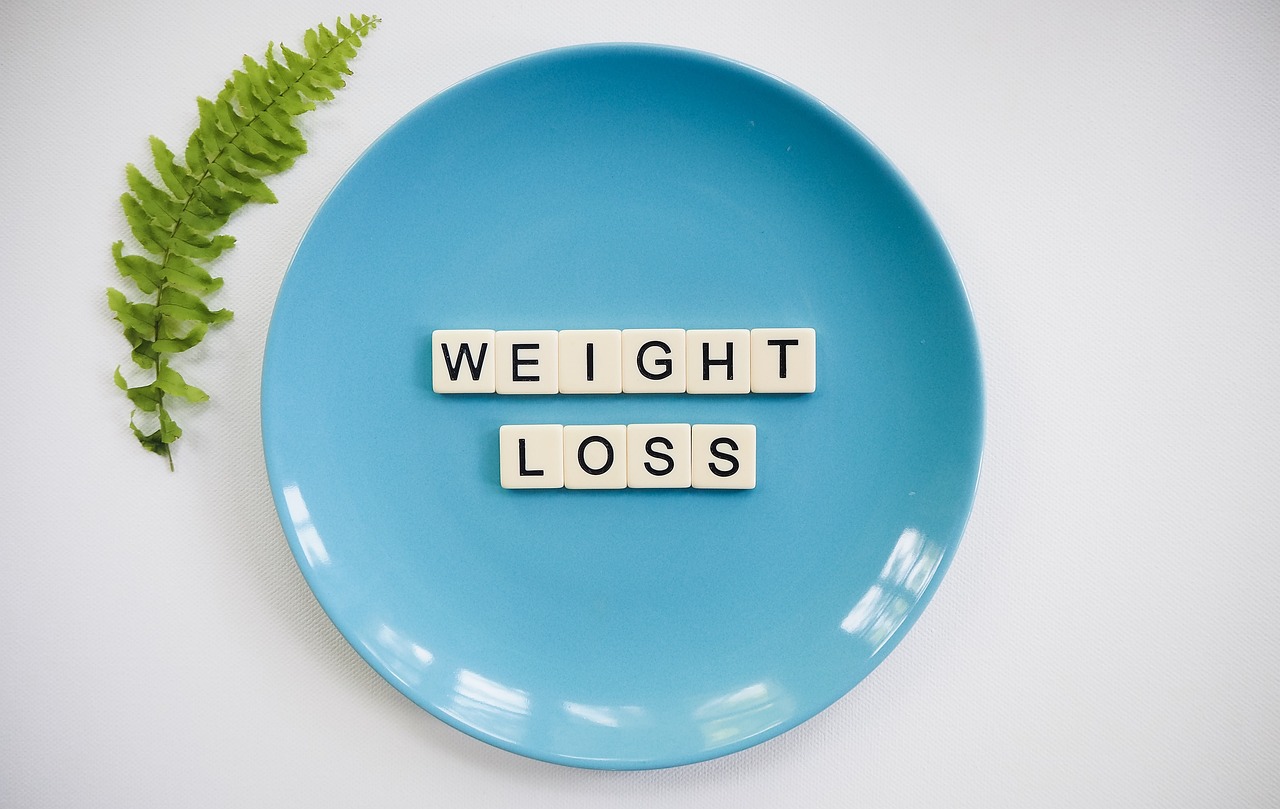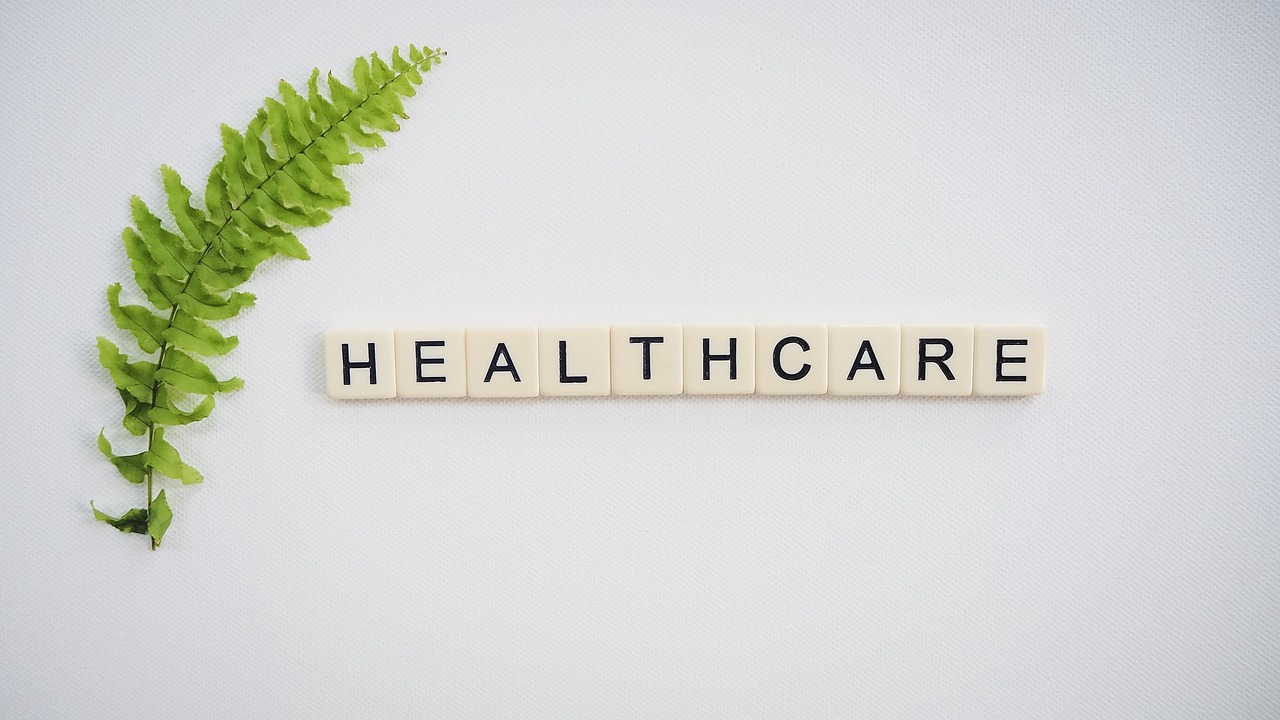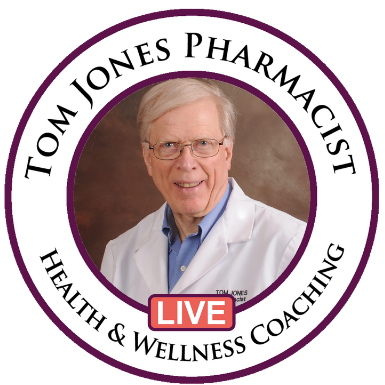
Here are 20 health and wellness facts and tips with a short reason why they are very important:
- **Exercises that “tone” your muscles are a myth**. There is no such thing as spot reduction, meaning you cannot target fat loss to a specific area of your body. To get leaner and stronger muscles, you need to combine strength training with a balanced diet and cardio exercise¹.
- **The five second rule is sort of a real thing**. While it is not true that food dropped on the floor is safe to eat if you pick it up within five seconds, some studies have found that the amount of bacteria transferred depends on the type of food and the surface it lands on.

Moist foods like watermelon tend to pick up more bacteria than dry foods like cookies, and carpeted floors tend to harbor less bacteria than tiled floors¹.
- **Eight glasses of water is very much a rough estimate**. The amount of water you need to drink depends on your age, weight, activity level, climate, and health conditions. A better way to gauge your hydration is to look at the color of your urine. It should be pale yellow or clear, not dark yellow or brown¹.
- **There’s no hope for your hangover**. Despite the popularity of various remedies like coffee, greasy food, or hair of the dog, there is no scientific evidence that any of them can cure a hangover. The only way to prevent a hangover is to drink moderately or not at all. The best way to treat a hangover is to drink plenty of water, eat a light meal, and get some rest¹.

- **Juice cleanses are not going to “detox” you**. Your body has its own natural detoxification system that involves the liver, kidneys, lungs, skin, and digestive tract. Drinking only juice for several days can deprive you of essential nutrients, cause blood sugar spikes and crashes, and disrupt your metabolism. A better way to support your body’s detoxification is to eat a balanced diet rich in fruits, vegetables, whole grains, lean protein, healthy fats, and water¹.
- **Gluten doesn’t necessarily deserve its bad reputation**. Gluten is a protein found in wheat, barley, and rye that can cause digestive problems for people with celiac disease or gluten sensitivity. However, for most people, gluten is not harmful and may even have some health benefits. Gluten-containing foods like whole wheat bread, pasta, and cereal are good sources of fiber, iron, folate, and other nutrients¹.
- **A little exercise goes a very long way**. You don't need to spend hours at the gym to reap the benefits of physical activity.

Even 10 minutes of moderate exercise per day can improve your mood, energy, blood pressure, cholesterol levels, and brain function. Some examples of moderate exercise include brisk walking, cycling, swimming, dancing, or gardening¹.
- **We don’t only use 10% of our brains**. This is a common myth that has been debunked by neuroscience. We use all parts of our brains for different functions like thinking, feeling, sensing, moving, and remembering. However, we don't use all parts of our brains at the same time or with equal intensity. Some parts may be more active than others depending on what we are doing¹.
- **Limit sugary drinks**. Sugary drinks like sodas, fruit juices, and sweetened teas are the primary source of added sugar in the American diet². Unfortunately,
findings from several studies point to sugar-sweetened beverages increasing risk of heart disease and type 2 diabetes,
even in people who are not carrying excess body fat².

Sugar-sweetened beverages are also uniquely harmful for children,
as they can contribute not only to obesity in children but also to conditions that usually do not develop until adulthood,
like type 2 diabetes,
high blood pressure,
and non-alcoholic fatty liver disease². Healthier alternatives include water,
unsweetened teas,
sparkling water,
or coffee².
- **Eat nuts and seeds**. Some people avoid nuts because they are high in fat.
However,
nuts and seeds are incredibly nutritious.
They are packed with protein,
fiber,
and a variety of vitamins and minerals². Nuts may help you lose weight
- **Limit sugary drinks**. They are the primary source of added sugar in the American diet and can increase the risk of heart disease, type 2 diabetes, obesity, and other chronic conditions².
- **Eat nuts and seeds**. They are packed with protein, fiber, and a variety of vitamins and minerals. They may help you lose weight and reduce the risk of developing type 2 diabetes and heart disease².

- **Avoid ultra-processed foods**. They contain low quality ingredients like added sugar, refined oil, salt, preservatives, and artificial additives. They can contribute to overeating, weight gain, inflammation, and metabolic disorders².
- **Don’t fear coffee**. It is rich in antioxidants and may lower the risk of type 2 diabetes, Parkinson’s and Alzheimer’s diseases, and other illnesses. The most beneficial intake amount appears to be 3–4 cups per day².
- **Make your environment safer**. Limit your exposure to potentially harmful substances like air pollution, pesticides, lead, radon, and tobacco smoke. They can affect your respiratory system, nervous system, immune system, and overall health³.
- **Manage your stress**. Stress can have negative effects on your mental and physical health, such as anxiety, depression, insomnia, headaches, high blood pressure, and heart disease. Find healthy ways to cope with stress, such as exercise, meditation, hobbies, social support, and counseling³.
- **Exercise regularly**.

Physical activity can improve your mood, energy, sleep quality, cognitive function, and immune system. It can also prevent or delay the onset of chronic diseases like cardiovascular disease, diabetes, cancer, and osteoporosis. Aim for at least 150 minutes of moderate-intensity aerobic exercise and two sessions of strength training per week³.
- **Maintain healthy relationships**. Social connections can enhance your well-being and happiness. They can also provide emotional support, practical help, and a sense of belonging. Try to cultivate positive relationships with your family, friends, co-workers, neighbors, and community members³.
- **Protect yourself from diseases**. Take preventive measures to avoid getting sick or spreading germs to others. Wash your hands frequently, cover your coughs and sneezes, get vaccinated against common infections, practice safe sex, and avoid sharing personal items like needles or razors³.
- **Laugh more often**. Laughter is good for the heart and can increase blood flow by 20 percent.

It can also reduce stress hormones, boost immune cells, release endorphins (the feel-good chemicals), and burn calories⁴.
- **Drink more water**. Water is essential for every cell and organ in your body. It helps regulate your body temperature, flush out toxins, lubricate your joints, transport nutrients and oxygen, and prevent dehydration. Aim for at least eight glasses of water per day².
- **Get enough sleep**. Sleep is vital for your brain function,
memory consolidation,
hormone balance,
and immune system.
Lack of sleep can impair your concentration,
mood,
productivity,
and
health.
Aim for seven to nine hours of quality sleep per night².
- **Eat more fiber**. Fiber is a type of carbohydrate that your body cannot digest. It helps lower your cholesterol levels,
blood sugar levels,
and
blood pressure.
It also helps you feel full longer,
prevents constipation,
and
reduces the risk of colon cancer.
Aim for at least 25 grams of fiber per day from fruits,
vegetables,
whole grains,
legumes,
nuts,
and
seeds².
- **Limit alcohol intake**. Alcohol can have some health benefits in moderation,
such as reducing the risk of heart disease
and
stroke.
However,
excessive alcohol consumption can damage your liver,
brain,
heart,
pancreas,
and
immune system.
It can also increase the risk of certain cancers,
accidents,
violence,
and
addiction.
The recommended limit is no more than one drink per day for women
and
two drinks per day for men².
- **Quit smoking**. Smoking is one of the leading causes of preventable death in the world.
It can harm almost every organ in your body
and
increase the risk of lung cancer,
heart disease,
stroke,
chronic obstructive pulmonary disease (COPD),
and
other conditions.
 Add Row
Add Row  Add
Add 




Write A Comment